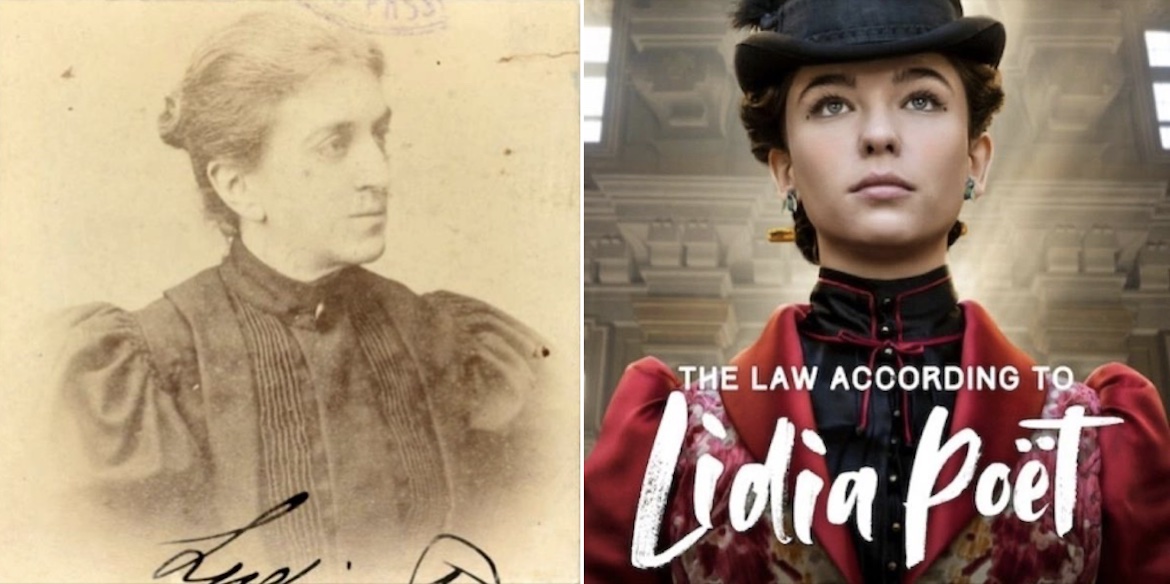

After passing the exams to become a lawyer, she applied to join the bar in Turin. It was the first time in Italy that a woman made such an application, causing a fierce controversy in the legal world. As there was no specific prohibition, Poët was accepted by a majority in 1883, thus becoming the first woman to be admitted to the bar.
However, the King's Attorney General opposed this decision and her registration at the bar was revoked in 1883, due to legal and biological reasons: women legally did not have the same rights as men and were biologically not given the "serenity and firmness necessary" for pleadings due to their menstrual cycle and their organs. Moreover, women in the courts would be a distraction and would expose them to subjects that the etiquette did not allow to be debated in their presence. Also, Poët being single, the absence of marital authorization was an insuperable obstacle in the eyes of the court.
Though she can’t fully exercise as a lawyer, she can practice law and thus collaborated with her brother Enrico, involving herself in the defense of the rights of minors, marginalized people and women. In 1883, she participated to the first international penitentiary congress in Rome, and represented Italy on many occasions as vice-president of the law section. The French government invites her to Paris to be awarded the Academic Palms.
In 1919, the Sacchi Law abolished the marital authorization, allowing women to access public functions (except judiciary, politics and the army). In 1920, at the age of 65, Lidia Poët finally entered the bar and officially became a lawyer, dedicating herself to the defense of marginalized people and women’s right to vote.
@ Adama Toulon - Julie Henry Poutrel

